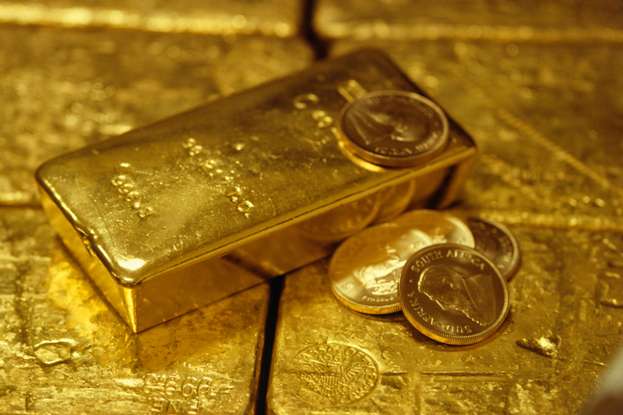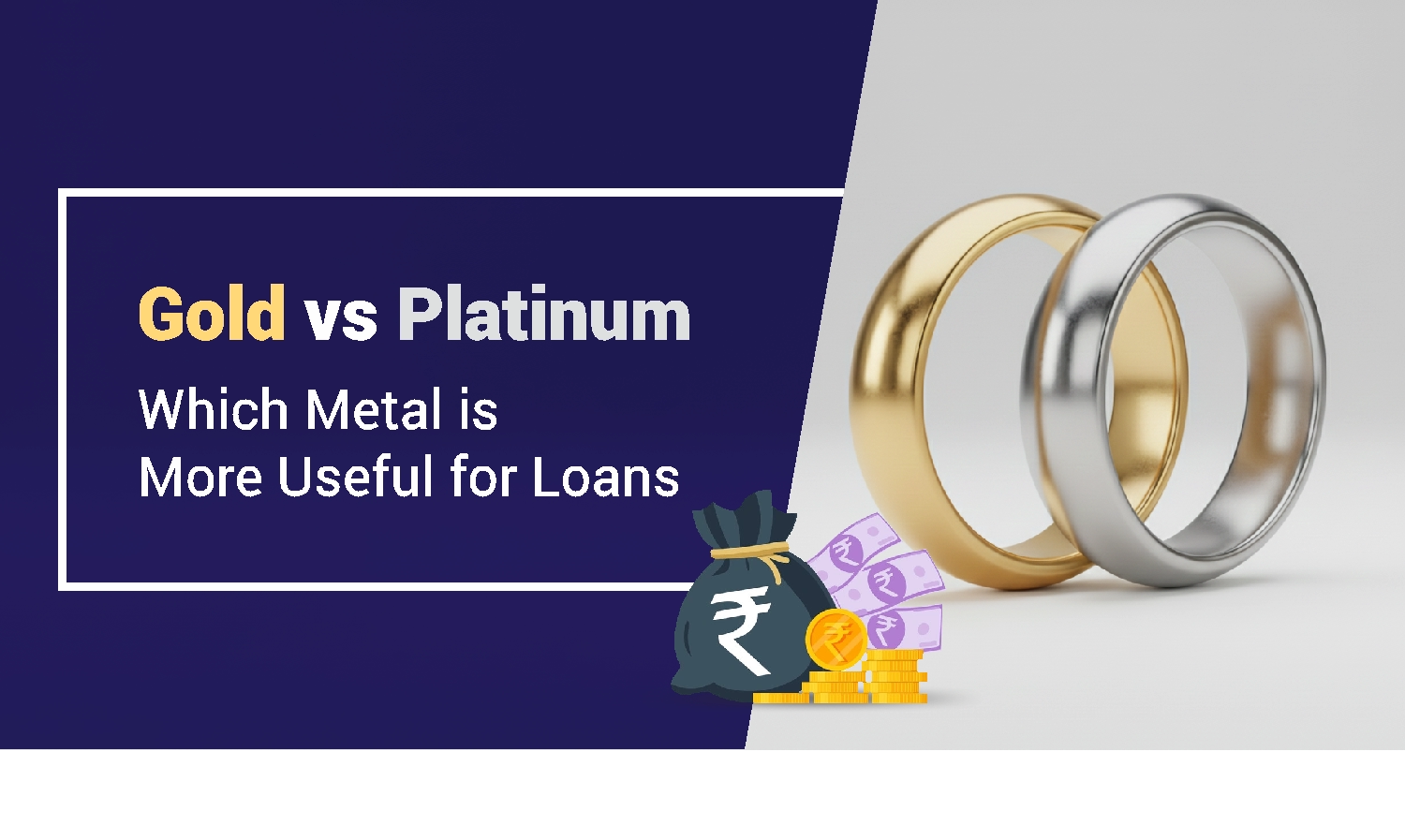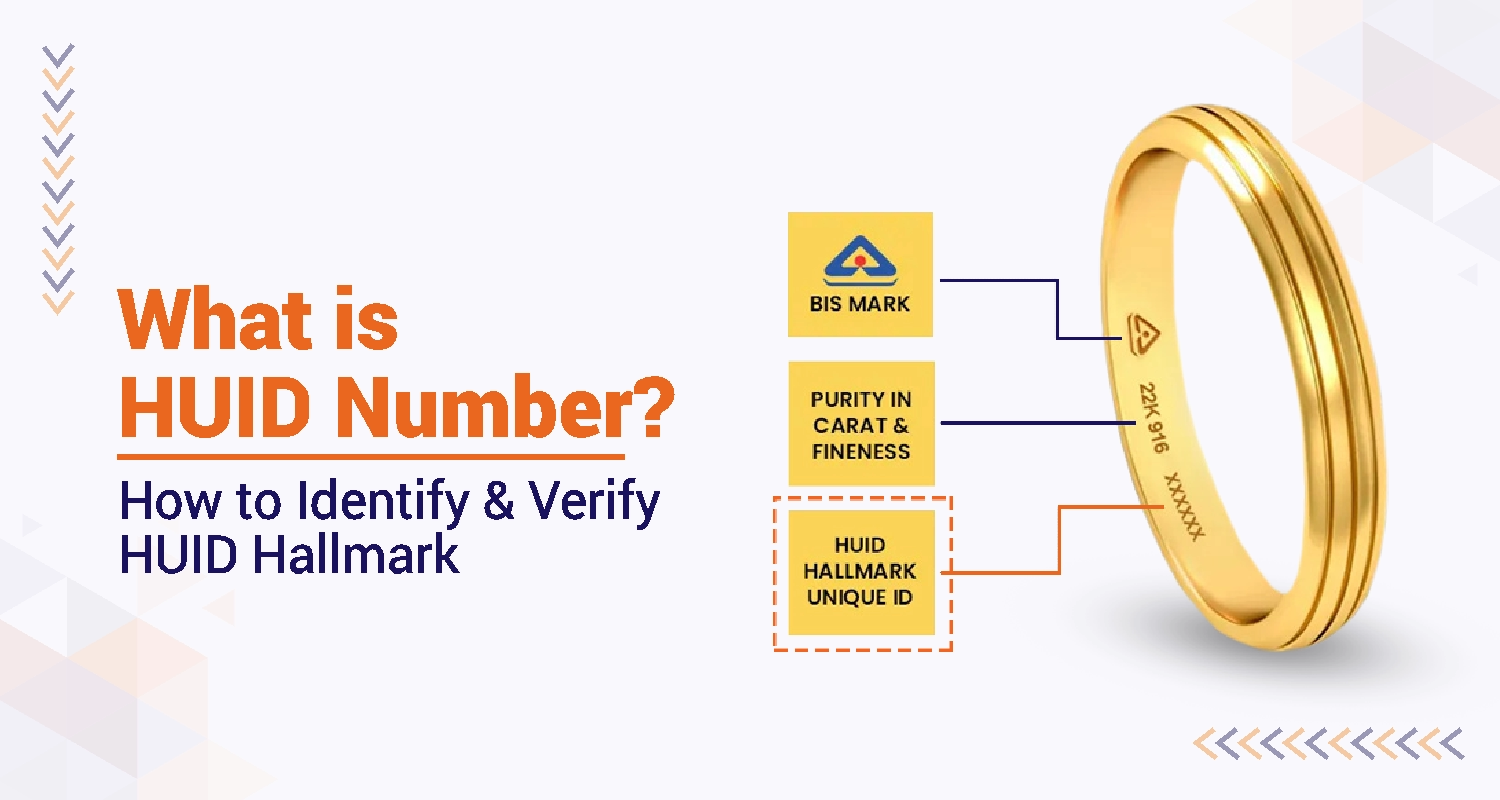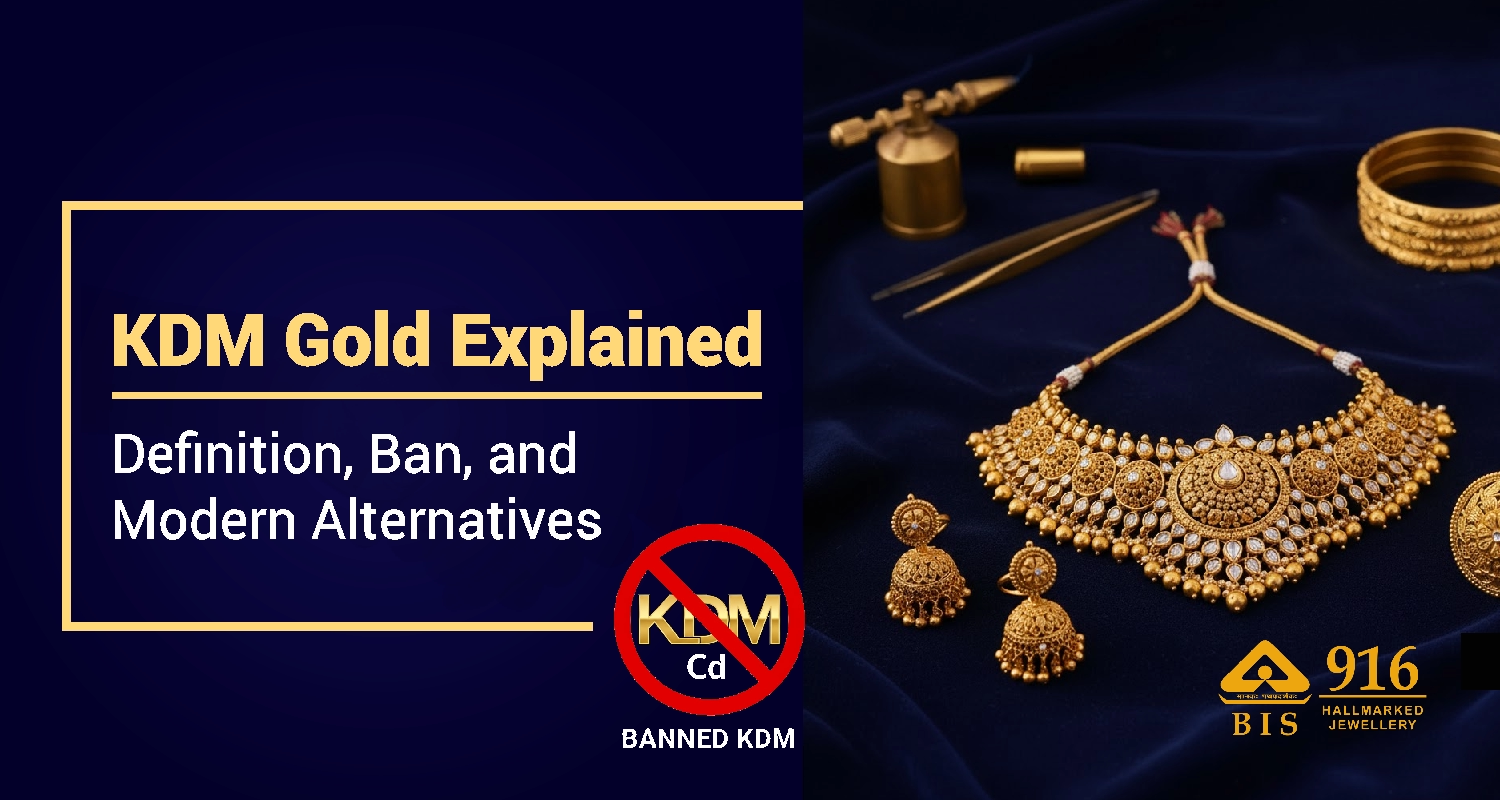Gold ETF’s vs. Gold, the Better Deal
Table of Contents
In India, gold has a significant cultural and psychological importance. From marriages to financing children’s education, we use gold as a financing source. Due to such wide range of benefits gold has been one of the most sought after financial investments making India the 2nd largest importer in the world. There are 2 ways to make investments in the yellow metal i.e. through physical gold and through gold ETF.
Refer to the table below for a detailed distinguish:
| Gold (physical gold) | Gold ETFs | |
| Meaning | Its gold available in form of coins, biscuits or jewellery. The quality/ purity and weights lead to differences in prices. |
Gold ETF’s are open-ended exchange traded funds investing in standard gold bullion (99.5% purity). The value of the ETF unit is linked to the price of the physical gold in the market. |
| Price | The physical gold pricing depends from jeweller to jeweller. One may also use personal relations to get a bargain on the prices. |
They’re priced through an international mechanism and provide a great deal of transparency. |
| Investment | Standard denomination is 10 grams, and multiplies from there. Even at the lowest denomination, it requires a heavy investment. |
Gold ETF denominations start from 1 gram and thereby more affordable. |
| Charge | Major drawback of physical gold investment is making charges (jewellery) and holding charges (lockers/ security). |
It has expense ratio of 1% per year and ~0.5% or less brokerage on the transaction amount. |
| Taxation | 1% wealth tax over individual tax if the value of one’s gold value exceeds Rs 30 lakh. |
No wealth tax applicable. |
| Short-term capital gain tax |
Investor must pay a short term capital gain tax if physical gold is sold within 3 years from the buying date. |
Similar to physical gold. |
| Long-term capital gain tax |
If sold post 3 yrs, investor pays a capital gain tax of 20% on profit post indexation. |
Similar to physical gold. |
| Liquidity | For an investor, bank and jewellers are the parties to a transaction. | Gold ETF are traded on NSE and BSE. |
| Returns | Actual return = Current price minus buying price and making. | Actual return = Gold ETF current price on stock exchange minus brokerage and buying price. |
| Demat account | Not required. | Demat account required. |
Conclusion
An investor should invest in ETF rather than physical gold because it helps one avoid wealth tax and other jewellery charges. ETF can be traded online from a device thereby, provide ease of transaction compared to physical gold. With growing digitisation and ease of transaction, ETF will provide you all the benefits of holding gold and also provides further support to accounting transparency of the entire system.
Disclaimer : The information in this blog is for general purposes only and may change without notice. It does not constitute legal, tax, or financial advice. Readers should seek professional guidance and make decisions at their own discretion. IIFL Finance is not liable for any reliance on this content. Read more




